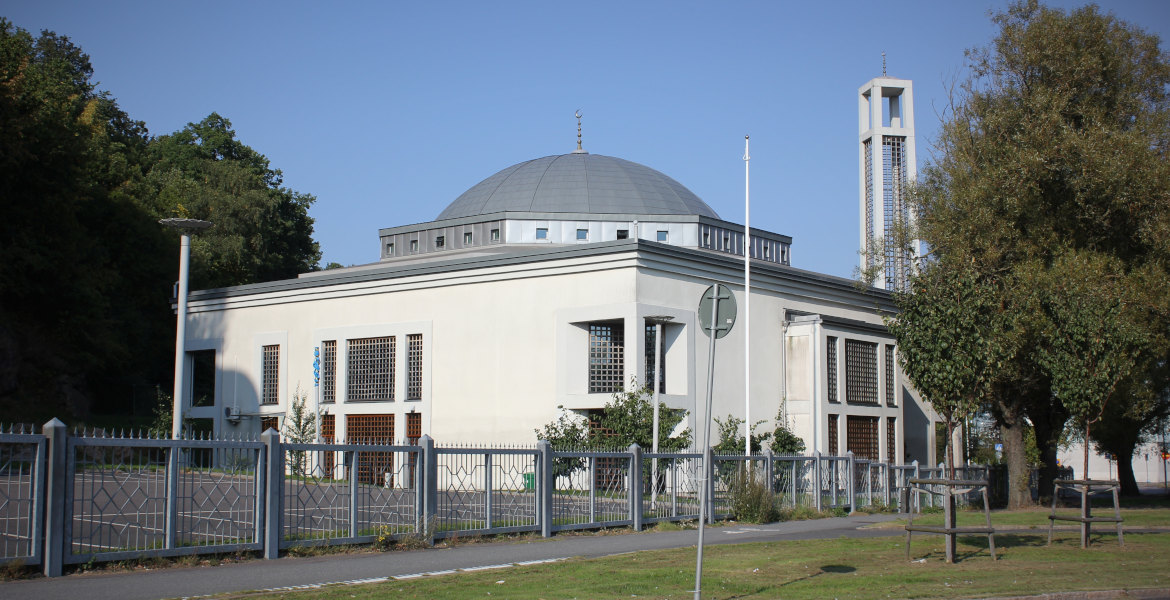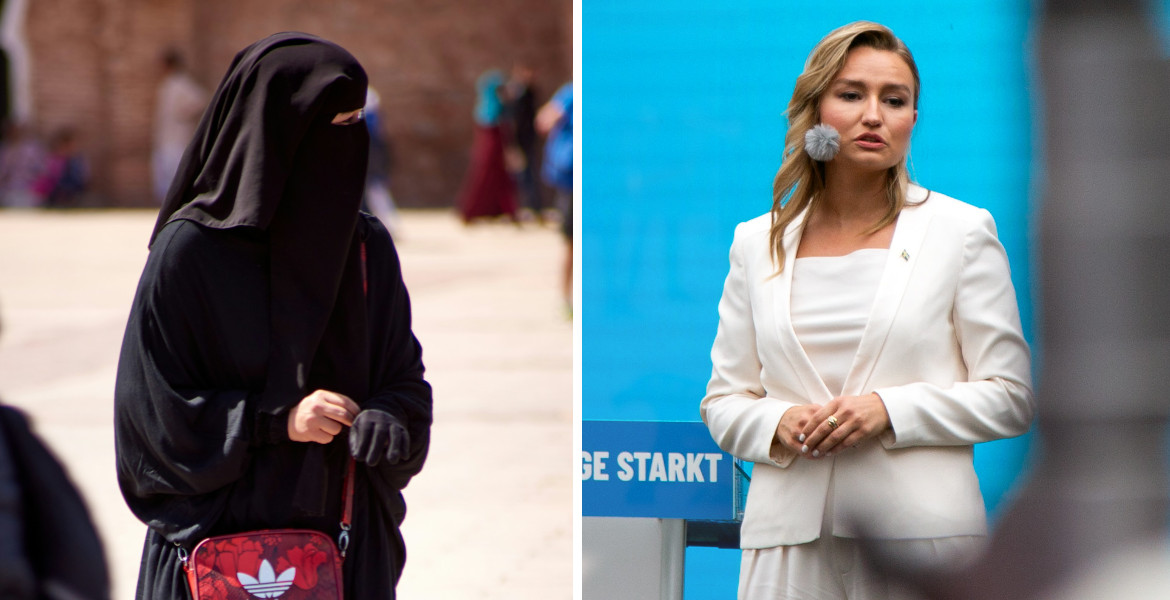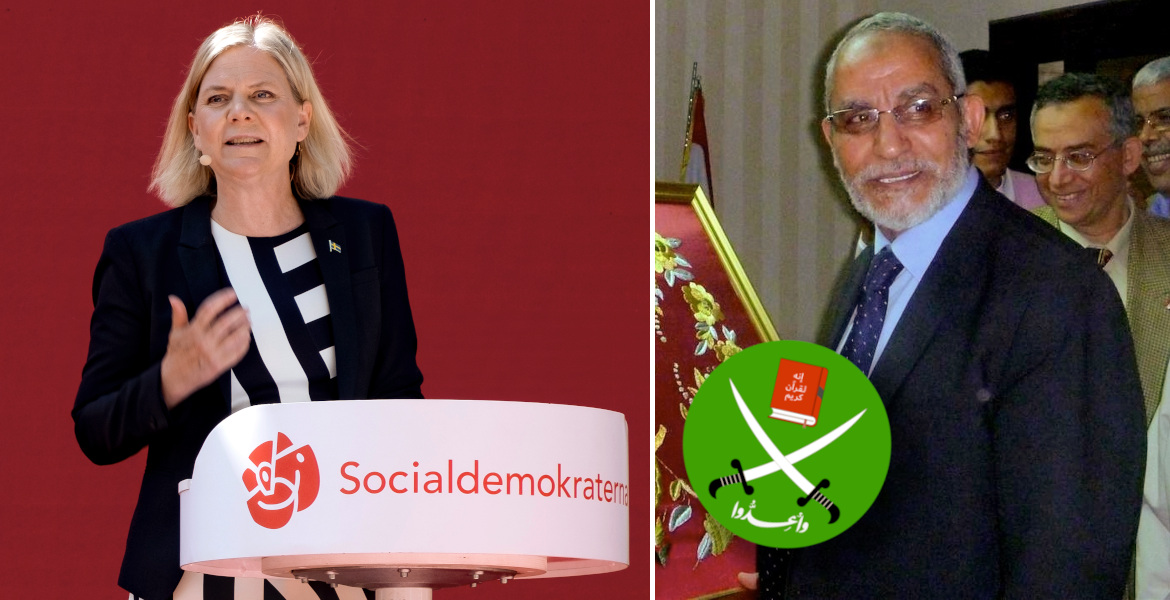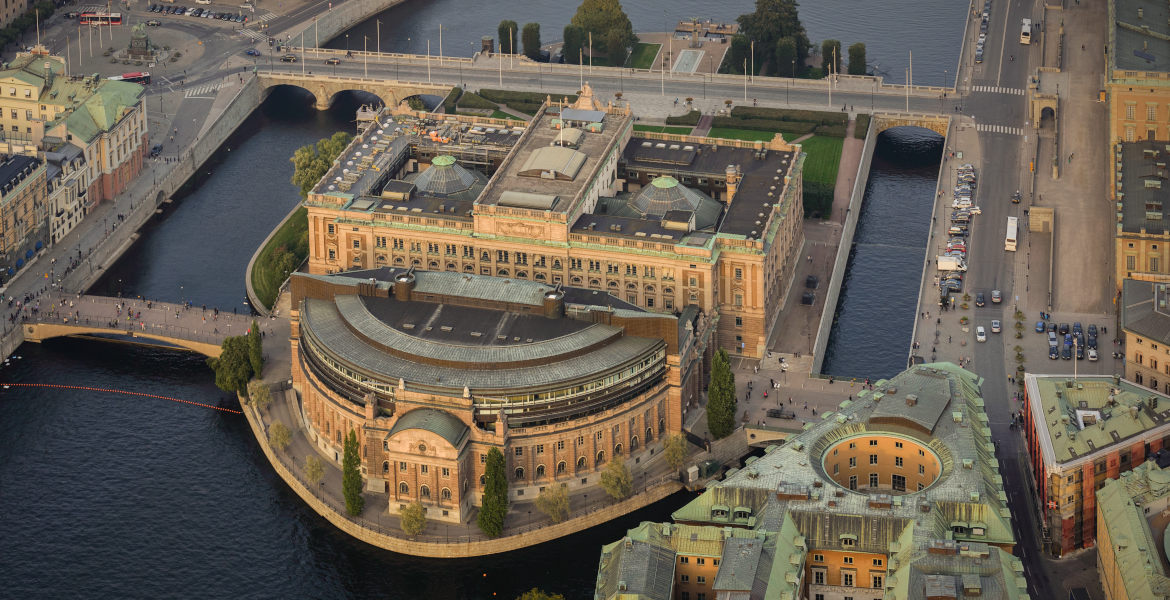Sweden's religious landscape has been transformed in a quarter of a century. While churches have been quietly closed, the number of mosques has skyrocketed by some 4,200 percent, Samnytt reports, based on data from the Swedish Agency for Aid to Religious Communities.
From a handful in 2000 to around 300 today, Muslim prayer rooms are spreading across the country. But behind the numbers lie issues of funding, influence and a rapidly changing society.
What is a mosque? The definition varies. Permanent places of worship with a minaret and dome count, but so do simple prayer rooms in basements and community halls.
The lack of clarity means that the actual number may be much higher, making an objective debate difficult. Nevertheless, the trend is clear: mosques are growing in number and their role is becoming increasingly controversial.
Moskéboom i Sverige: 4200 prosents økning – kirkene legges ned https://t.co/ZdU1jGQuci
— Ruth judith eberg (@r_ruju) April 11, 2025
Fear of the topic
In Vasastan in central Stockholm, for example, the Masjid Aysha mosque has grown into a central meeting place for many Muslims, and in Helsingborg, a large-scale mosque is currently being planned, financed by international fundraising.
In Skärholmen, a project is underway aiming to create Northern Europe's largest Muslim center, backed by millions of kronor from foreign donors. But the mosques are not just spiritual spaces. they are also symbols of a development that, according to critics, raises concern.

The construction projects testify to ambition but also to a growing dependency that few dare to scrutinize. There are many indications that countries such as Saudi Arabia, Qatar and Turkey are pumping money into Swedish mosques.
Samnytt's report suggests that some regimes see prayer rooms as tools for spreading ideological messages.
Critics warn that foreign influence can fuel polarization and, in the worst cases, radicalization, while mosque representatives instead emphasize a role as bridge builders in the local community.
The climate of debate is further complicated by the fear of being labeled Islamophobic. Those who question the mosque boom are often met with harsh words, which can silence legitimate concerns about integration and security.
Christian meeting places are declining
Internationally, Sweden is not alone. In France, for example, laws against "Islamic separatism" have made headlines, while the UK is struggling to balance religious freedom and security.
In Sweden, however, there is often no basis for even having the conversation. Official statistics on mosques are scarce, and funding flows remain shrouded in mystery.
In parallel with the mosque boom, Christian spaces are shrinking. For example, the Church of Sweden has closed dozens of churches in recent decades. This contrasts with the rise of the new minarets.




